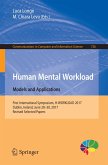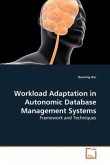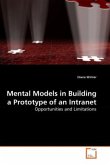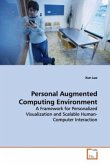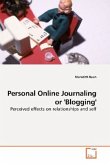Knowledge workers increasingly use multiple devices such as desktop computers, laptops, cell phones, and PDAs for personal information management (PIM) tasks. This book presents an examination of users' mental workload in this context, especially when transitioning tasks from one device to another. Three tasks were assigned to each user, related to Files, Calendars and Contacts. Users reported high frustration with current devices' support for task migration, e.g. accessing files from multiple machines. Workload measures obtained using the subjective NASA TLX scale were able to discriminate between tasks, but not between the two conditions in each task. Task-Evoked Pupillary Response, a continuous measure, was sensitive to changes within each task. Results suggest that neither task performance metrics nor workload assessments alone offer a complete picture of device usability in multi-device Personal Information Ecosystems. Traditional usability metrics that focus on efficiency and effectiveness are necessary, but not sufficient, to evaluate such designs. Aspects of hot cognition such as emotion and pleasure show promise in the evaluation of PIM systems.
Bitte wählen Sie Ihr Anliegen aus.
Rechnungen
Retourenschein anfordern
Bestellstatus
Storno


